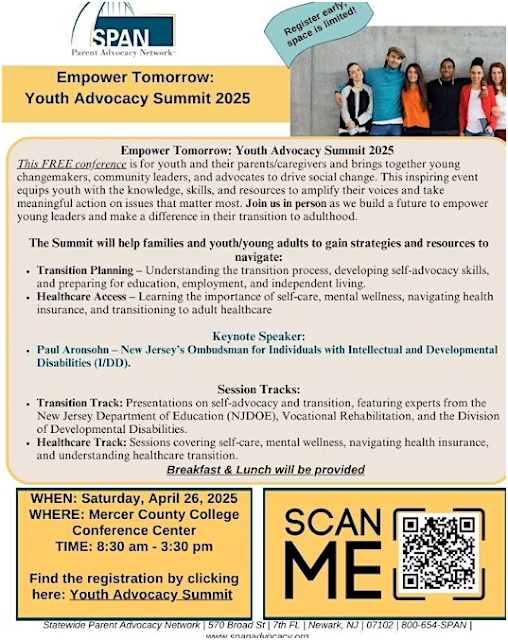When places—like buildings, websites, or events—aren’t accessible, it sends a message to people with disabilities: that they don’t belong. This can seriously damage someone’s mental health. Being excluded, whether by accident or not, can lead to feelings of sadness, stress, and low self-esteem. While there are businesses and communities that make accessibility a priority, there is still much work to be done, and barriers to be removed in the world.
Inaccessible Travel
Traveling can be challenging for anyone, but for people with physical and developmental disabilities, it often comes with unique frustrations—especially when dealing with travel agencies, airlines, and other services. Incidents of neglect and even outright abuse by staff or fellow passengers have led many to view travel negatively, feeling that the hassle simply isn’t worth it.
The YouTube video, "The Ongoing Issue of Inaccessible Travel", from Access Tech Live, is a conversation between hosts Marc Aflalo and Steven Scott, that talks about the travel issue as a whole. They share real examples where carelessness caused major problems and damage. The duo briefly touch on an Uber initiative, Uber Caregiver, which aims to provide assistance and support for various tasks, including healthcare-related needs. This initiative is seen as a positive step toward addressing some accessibility challenges.
How Poor Accessibility Negatively Affects Your Mental Health
Inaccessible environments often prevent people with disabilities from participating in everyday activities, leading to feelings of exclusion and isolation. For example, the lack of wheelchair ramps or other mobility accommodations can make it difficult to access public spaces, resulting in reduced social interactions. This isolation has been linked to depression and anxiety, with loneliness being a significant health risk, comparable to smoking or obesity.
The article "How Poor Accessibility Negatively Affects Your Mental Health" from Home2Stay, explains how poor accessibility—like buildings, homes, or public spaces that are hard to get around—can hurt people’s mental health. The article touches on the negative effects of ableism, while also encouraging better design so that everyone, no matter their ability, can live more independently and feel included.
You can read the article here: https://home2stay.com/blog/how-poor-accessibility-negatively-affects-your-mental-health/
What are your thoughts on inaccessibility? Share your thoughts and experiences in the comments below!
Featuring...
Life Skills Checklist
Learning and practicing life skills is an important step for students as they plan for transitioning into adulthood. The Life Skills Checklist can help transition age students (14-22), their families, and IEP Team track independent living/life skills. This list below does not include every skill, and all these skills may not apply to all people. It is important to remember that everyone is unique, and individual support needs may vary.
View the Checklist here: https://peatc.org/wp-content/uploads/2021/07/Independent-Living-Life-Skills-Checklist-Booklet-ENGLISH-Interactive.pdf
Featuring...
Empower Tomorrow: Youth Advocacy Summit 2025
This FREE conference will focus on Leadership Advocacy Skills: Understanding School to Adult Life Transition and Healthcare/ Wellness Goals
Join us in person to learn strategies and resources from SPAN!
There will be a variety of Exhibitors providing resources.
***PLEASE READ***
Parents and caregivers (who can attend separate tracks) must accompany the conference with their young adult/youth. SPAN does not provide support to individuals, but they are welcome to provide their support person.
***DISCLAIMER***
No youth/young adults can be left unattended or dropped off at the event at any time.
Contact Nicole Pratt at npratt@spanadvocacy.org for any questions.
Date and Time: Saturday, April 26 · 8:30am - 3pm EDT
Location: Mercer County College Conference Center
1200 Old Trenton Road West Windsor Township, NJ 08550
Register To Attend: https://www.eventbrite.com/e/empower-tomorrow-youth-advocacy-summit-2025-tickets-1236331644229?aff=ebdsoporgprofile
The SPAN Youth Chat
Join us virtually on May 7th from 4:15 to 5:00 PM with the SPAN Youth Engagement Team on a topic about advocacy and youth empowerment. More details to come.
Resources...
Link to SPAN's website: www.spanadvocacy.org
Link to SPAN's Youth in the Know Resource Page: Youth in the Know
We're here for you! Call SPAN if you need assistance: 1-800-654-7726.




.jpg)
Comments